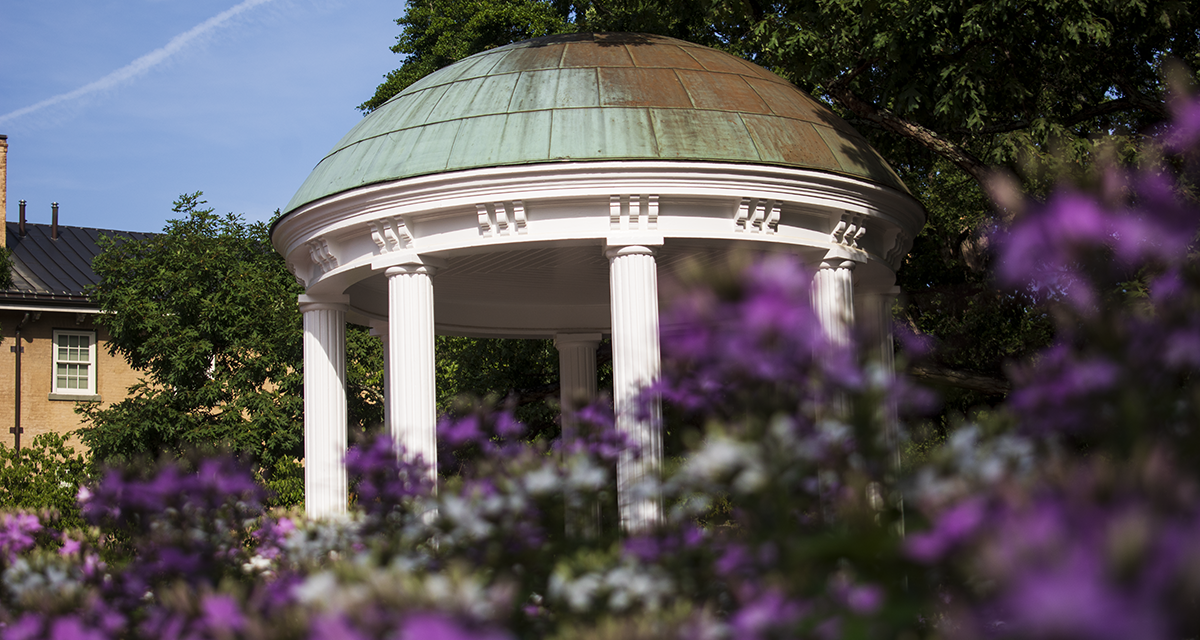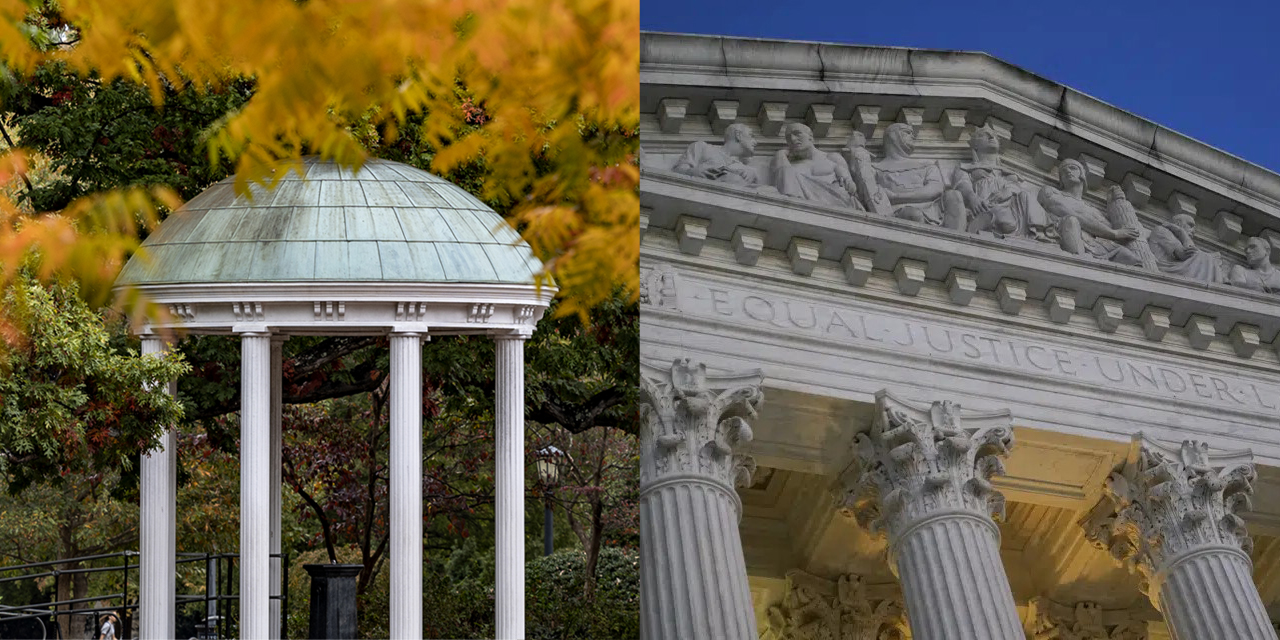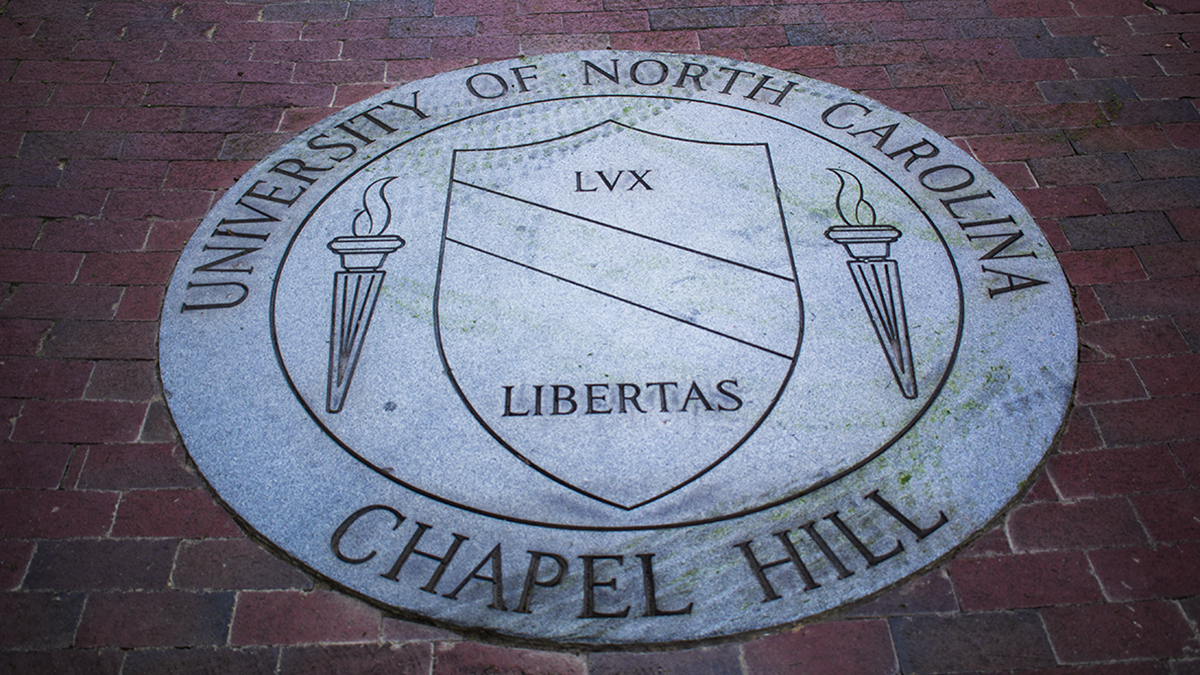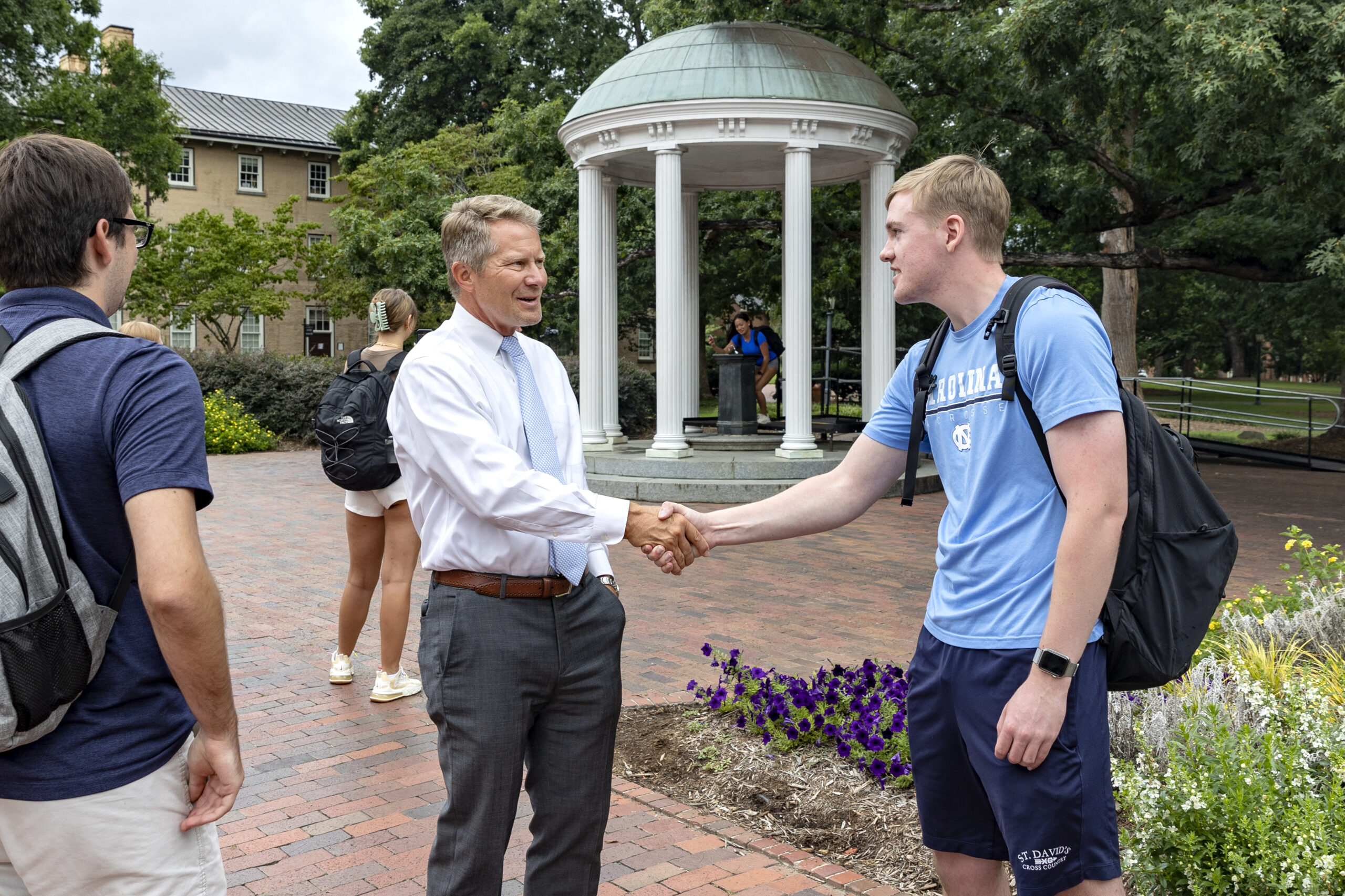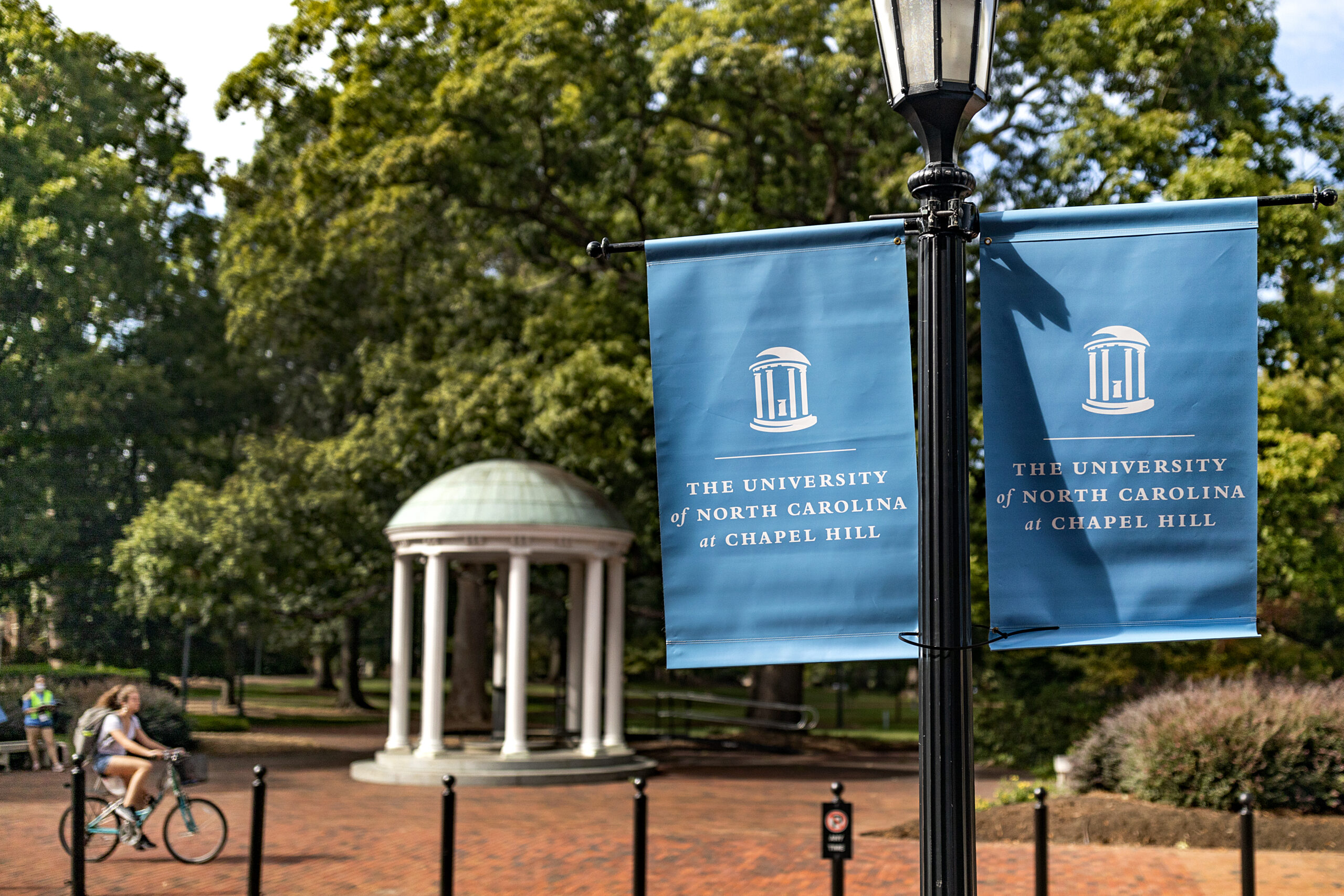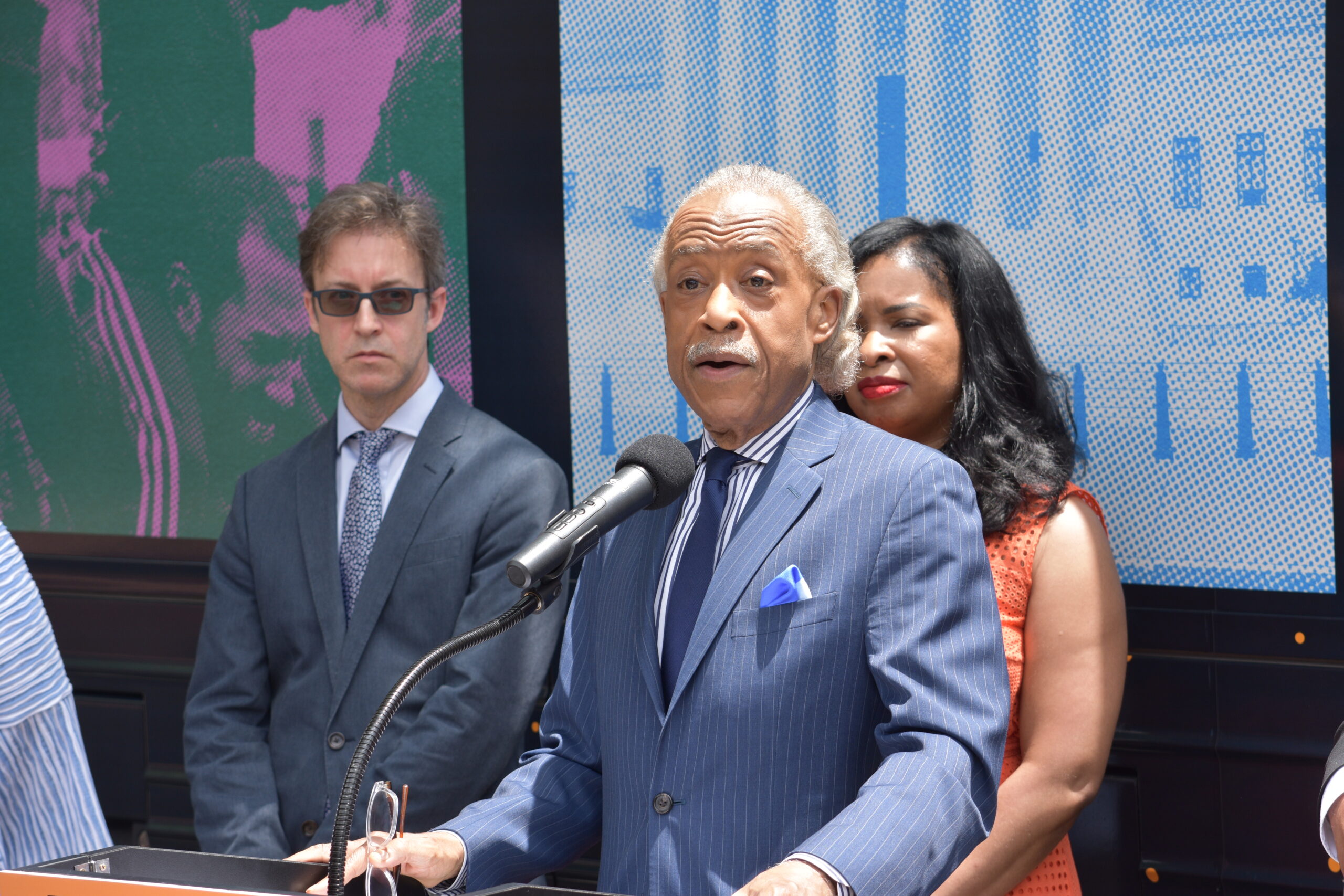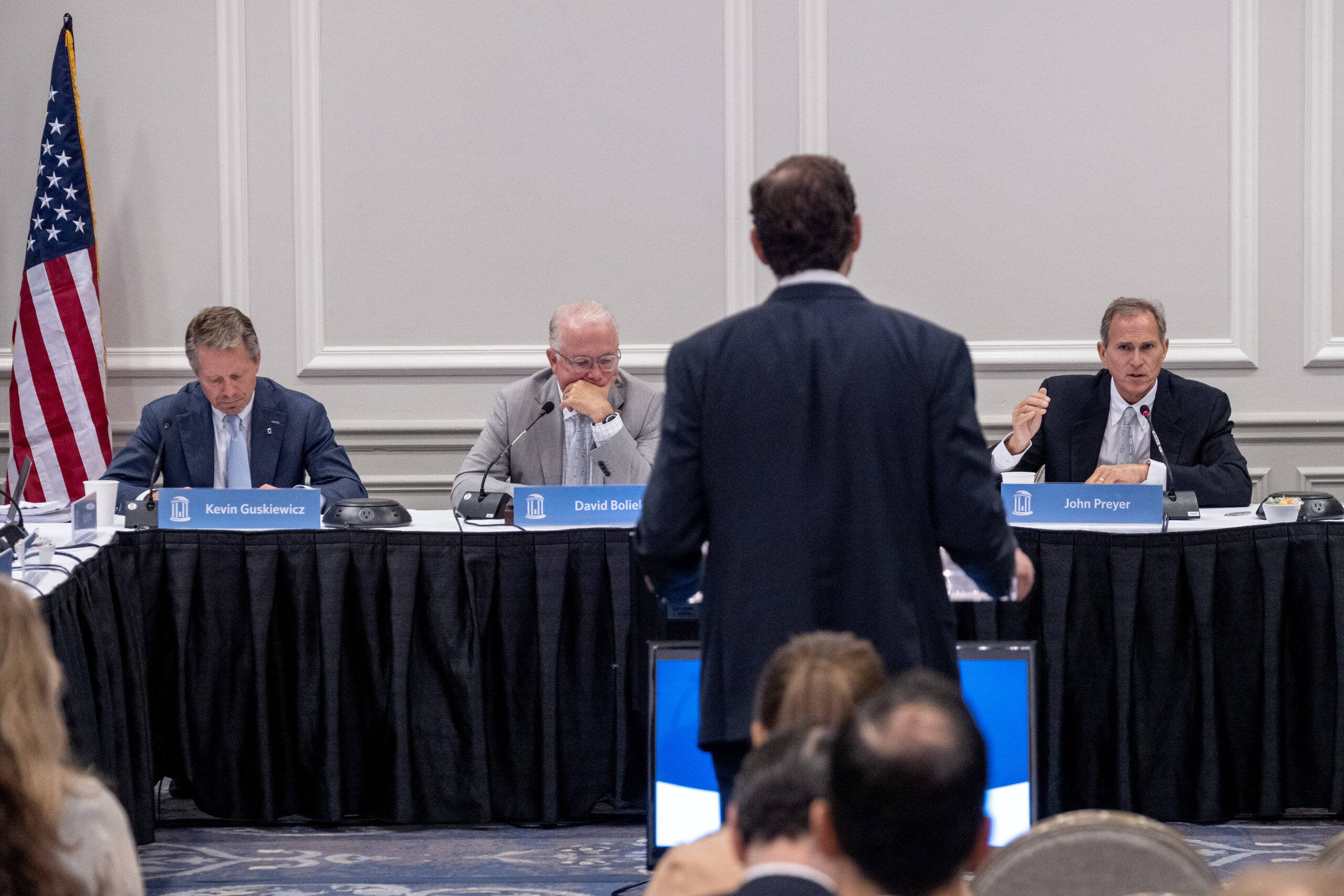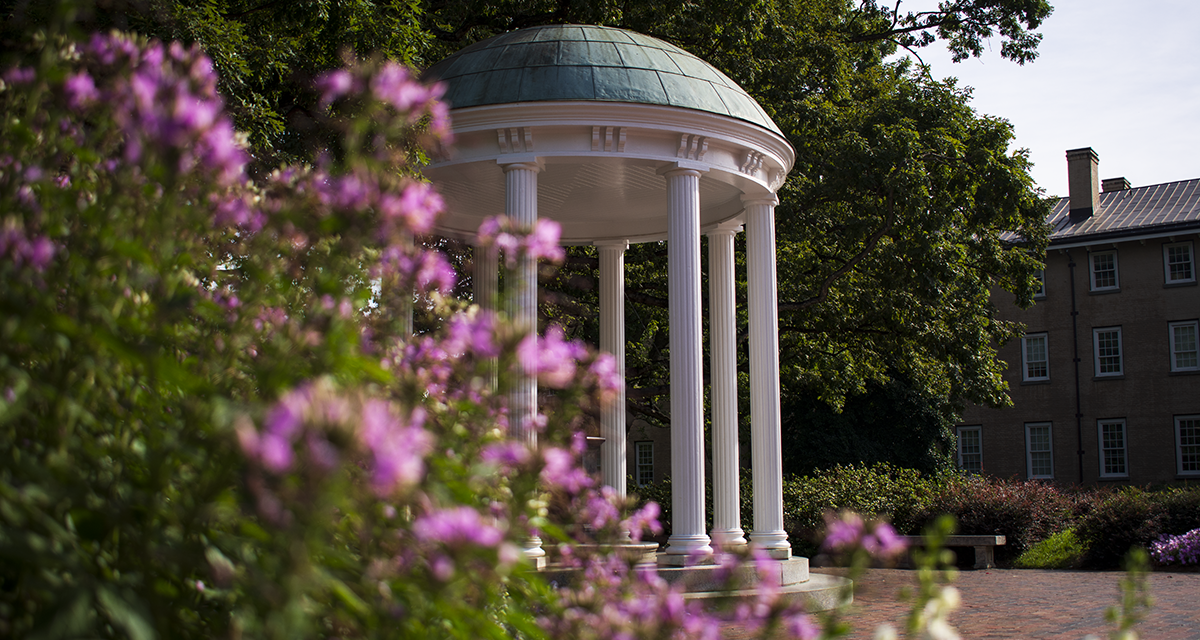UNC was part of the national conversation on Monday, as university leaders were in Washington D.C. to attend oral arguments by the Supreme Court in a case against the university. A group trying to eliminate racial considerations in college admissions is suing UNC for its voluntary inclusion of race, with justices debating whether federal approval of affirmative action should be struck down. The university, though, maintained its argument that consideration of race promotes diversity and is better for its campus at large.
Students for Fair Admissions, an anti-affirmative action group, has filed several lawsuits in the past decade attempting to overrule race-based considerations in college admissions. In the UNC case and a lawsuit against Harvard being considered at the same time, the organization is representing Asian American and white plaintiffs. Its argument is that UNC’s consideration of race discriminates against students from those races and violates the 14th amendment of the U.S. Constitution – which says, “no State shall make or enforce any law which shall abridge the privileges or immunities of citizens of the United States.”
Students for Fair Admissions filed its case against UNC in 2014. A U.S. district court ruled in favor of UNC last October, saying the Chapel Hill campus presented enough evidence for compelling reasons to pursue a diverse student body and considering race has helped with several measurable and unmeasurable benefits for the school. The anti-affirmative action group then appealed the case to the U.S. Supreme Court, which then led to several state leaders and groups — including four North Carolina governors — to file amicus briefs supporting Carolina.
UNC Chancellor Kevin Guskiewicz said diversity is a “fundamental value” of his institution, and that students sharing their different life experiences is critical to the university’s goals, curriculum and offerings to its student body.
“That is what is needed as we build a class of students and graduates who go on to become the civic leaders this nation requires to strengthen our democracy,” Guskiewicz said to media after the arguments. “That was a strong case today and I feel good about the arguments that were made.”
In both cases against UNC and Harvard, Students for Fair Admissions is asking the Supreme Court to reconsider its ruling in Grutter v. Bollinger, a case that upheld the use of race in admissions for the University of Michigan two decades ago. On Monday, many of the supreme court justices’ questions within the oral arguments focused on whether race-based admission considerations would have an end date. The 2003 Grutter v. Bollinger case at the time indicated affirmative action may only be needed for another 25 years to try and close the racial disparities in higher education – a note many of the justices were reportedly fixated on.
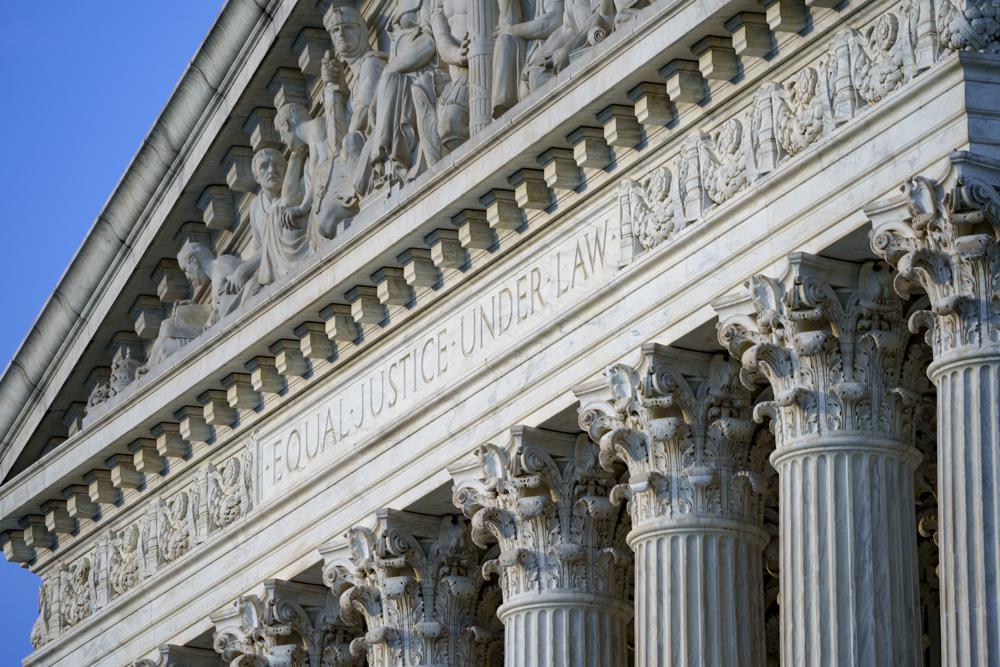
A close-up photo of the U.S. Supreme Court façade seen in Washington D.C. (AP Photo/J. Scott Applewhite, File)
Many justices also called UNC’s admissions practices seemingly “zero-sum” when it comes to considering race as a factor for someone’s application, which is an argument for the plaintiffs – despite UNC saying it considers racial identity only if volunteered by the prospective student.
Guskiewicz and the university maintain that race is just one factor considered for a student’s admission. Academic performance, essays detailing one’s experience, geography, military status and socioeconomic background also are part of how admissions officers decide case-by-case whether to allow acceptance, according to the school’s website dedicated to response of the lawsuit.
The UNC chancellor said the number of hypotheticals used by the supreme court justices stood out to him on Monday. Another detail that stood out: how many UNC students traveled to Washington D.C. in support of the university’s admissions. An advocacy group called UNC for Affirmative Action had some of its students travel and participate in rallies with other groups from Harvard and Yale in the capitol on Monday to voice favor for race-based admissions considerations.
Guskiewicz said in addition to speaking with that group, his experience as a professor and chancellor at UNC for many years has given him a direct view of how Carolina’s efforts in improving diversity help spur better student experience.
“I’ve been on the front row of this,” he said, “seeing the education benefits on a daily basis of this. And I think the vast majority of students I talk to welcome those opportunities they have in the classroom for diversity to allow them to grow and mature as those future civic leaders.”

UNC Chancellor Kevin M. Guskiewicz speaks as the UNC Asian American Center celebrates the opening of its physical location on August 26, 2021. (Jon Gardiner/UNC-Chapel Hill)
Guskiewicz said he was not going to speculate on the outcome of the case, since the justices will hold private deliberations before announcing the court’s decision. But he said the university will prepare for “any outcome” and will still prepare to support and promote diversity on campus.
When asked about whether he feels the importance of UNC’s representation of affirmative action programs and practices, Guskiewicz said he does, and he is proud Carolina is defending its processes. He said the case was brought up at a recent presidents meeting for the Association of American Universities, of which UNC is a member.
“There was a lot of talk about this,” the chancellor said, “and the importance of Carolina and Harvard defending the right to this holistic admissions process and to include race as one of many factors in our admissions process. And I think many of them are counting on us, and so I feel really proud to be in that position, and I feel good about the way we presented a strong case today.”
The U.S. Supreme Court will likely announce its ruling in Students For Fair Admissions v. University of North Carolina next summer. Oral argument audio and transcriptions for the case on Monday can be found here.
Photo via UNC-Chapel Hill.
Chapelboro.com does not charge subscription fees, and you can directly support our efforts in local journalism here. Want more of what you see on Chapelboro? Let us bring free local news and community information to you by signing up for our biweekly newsletter.

